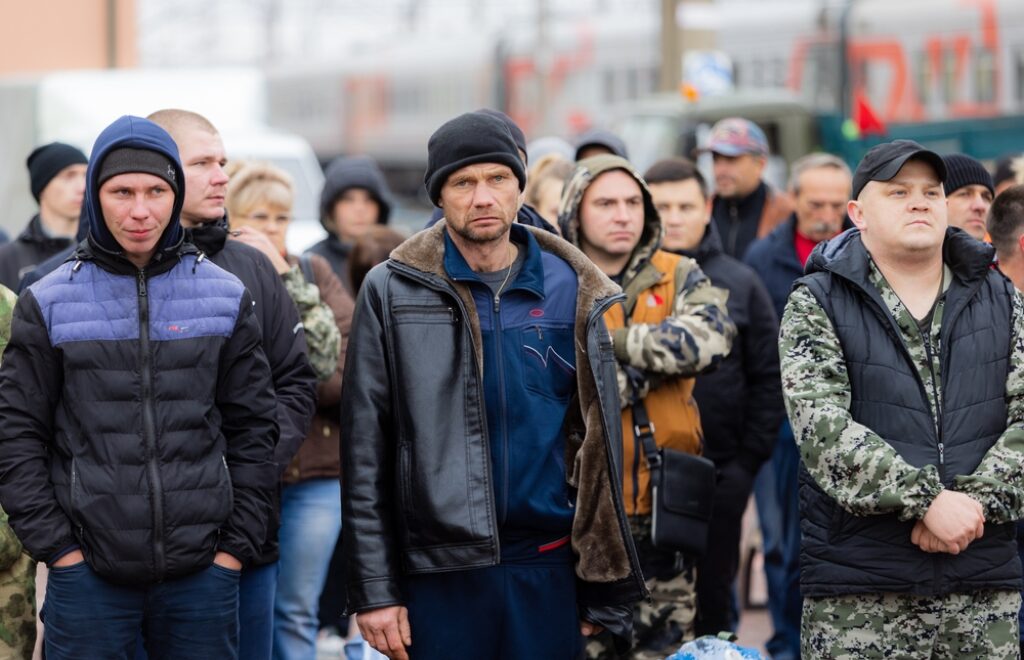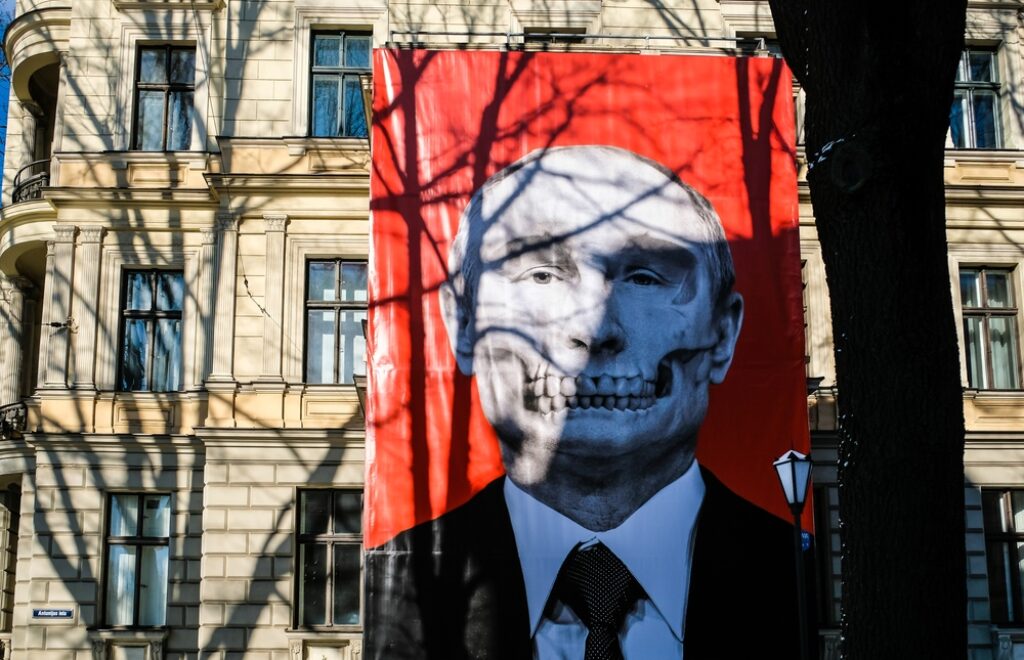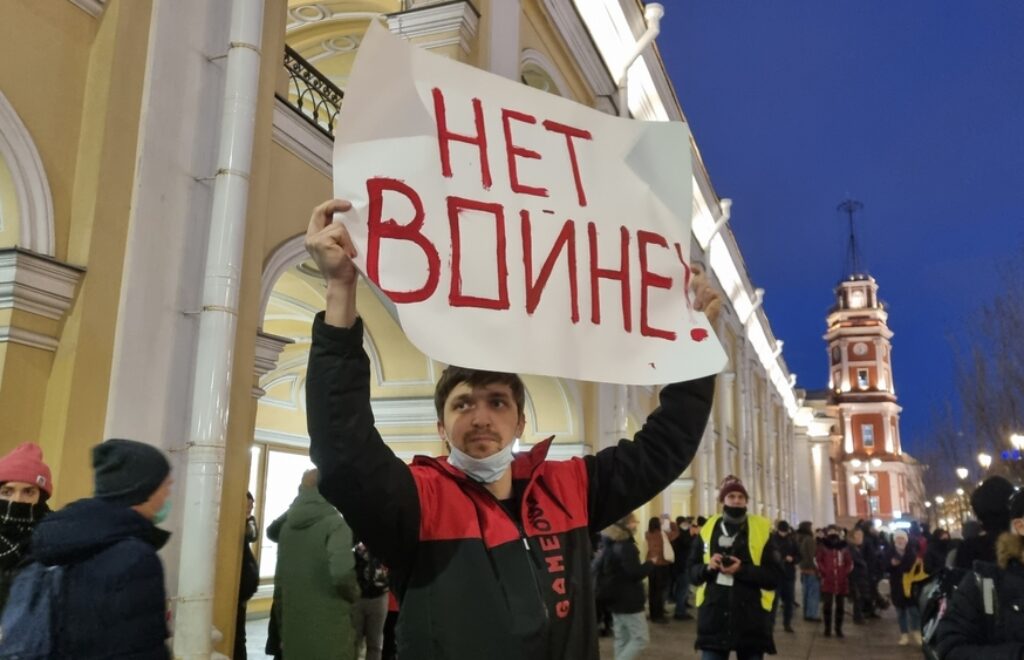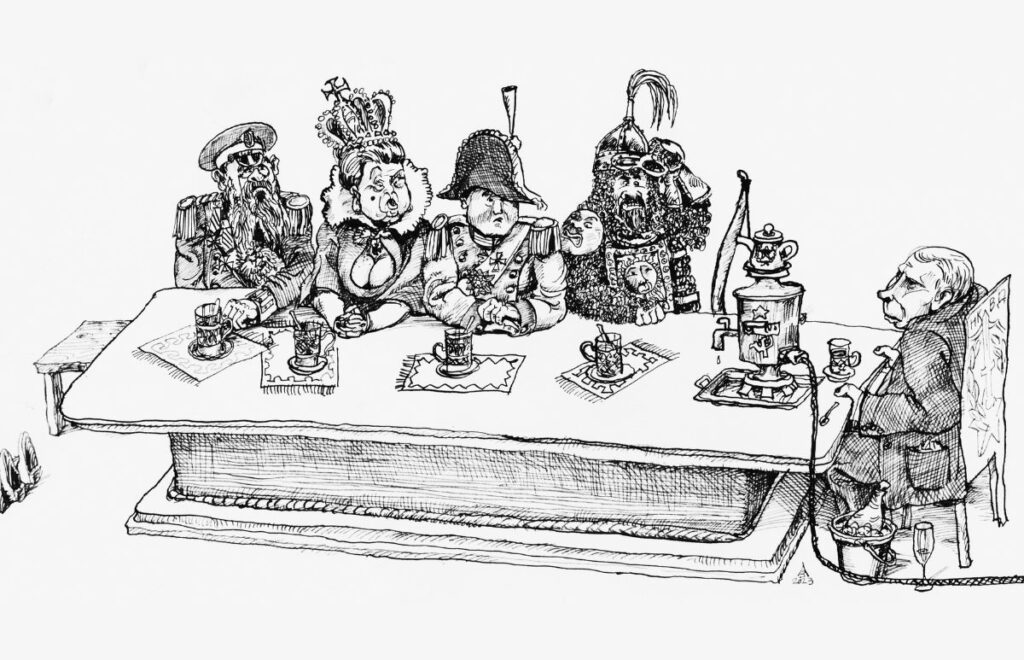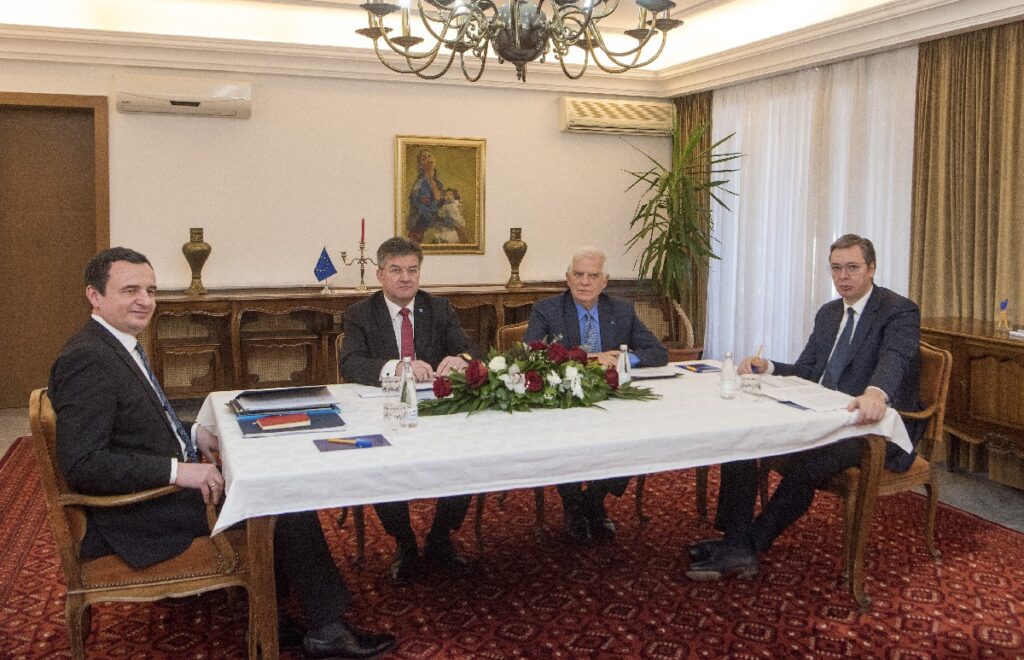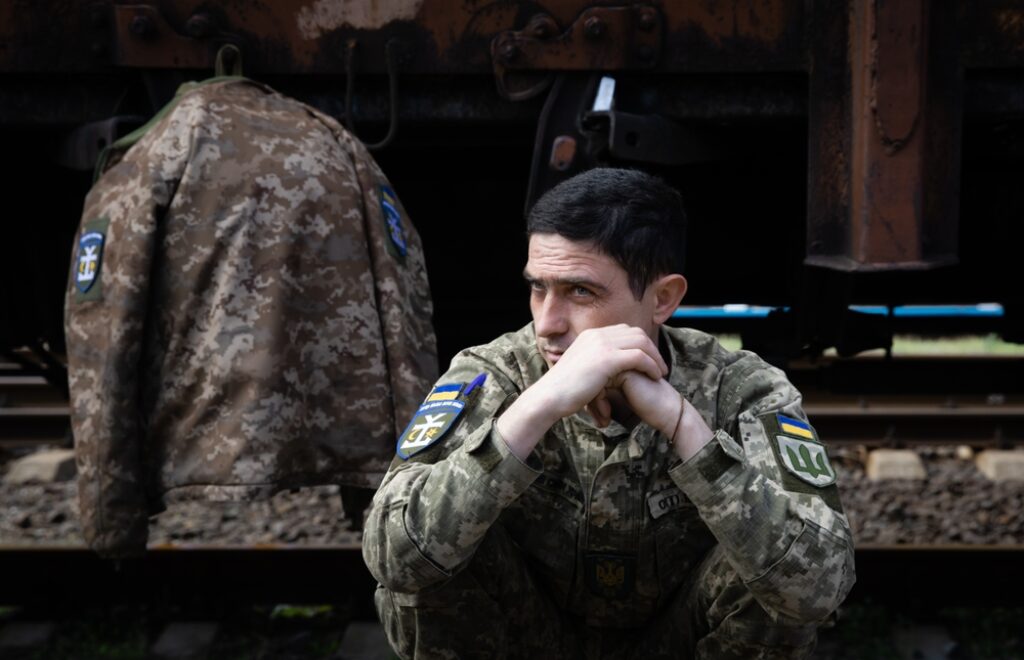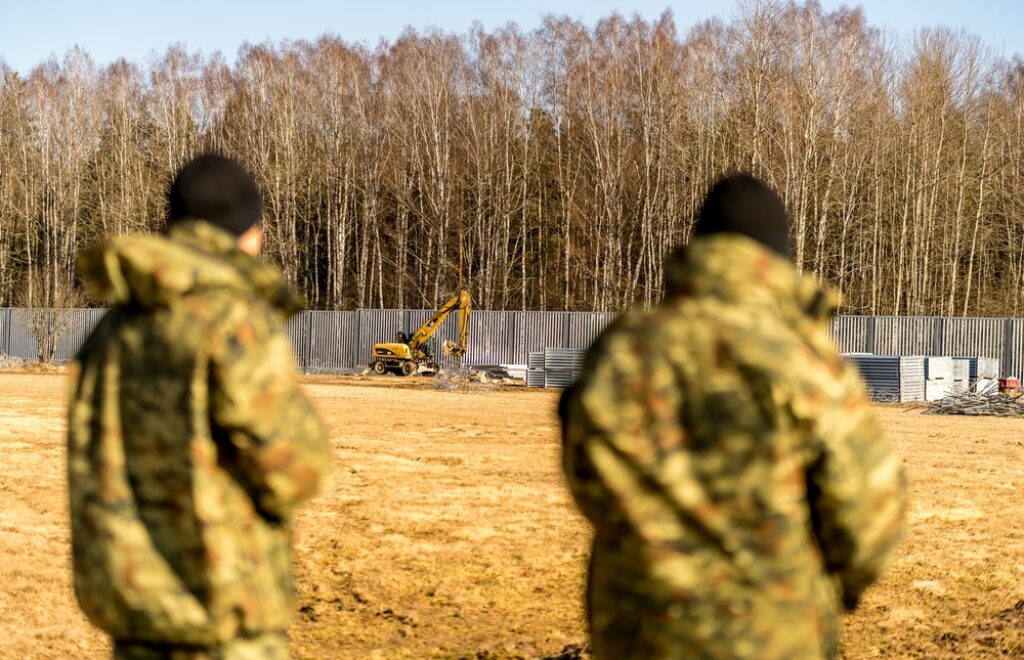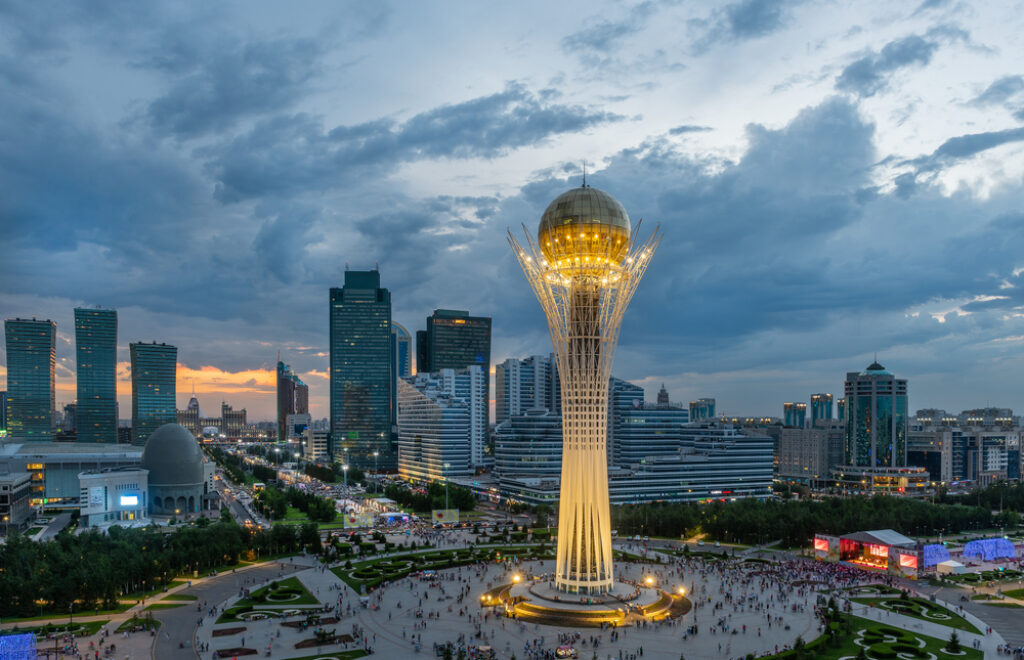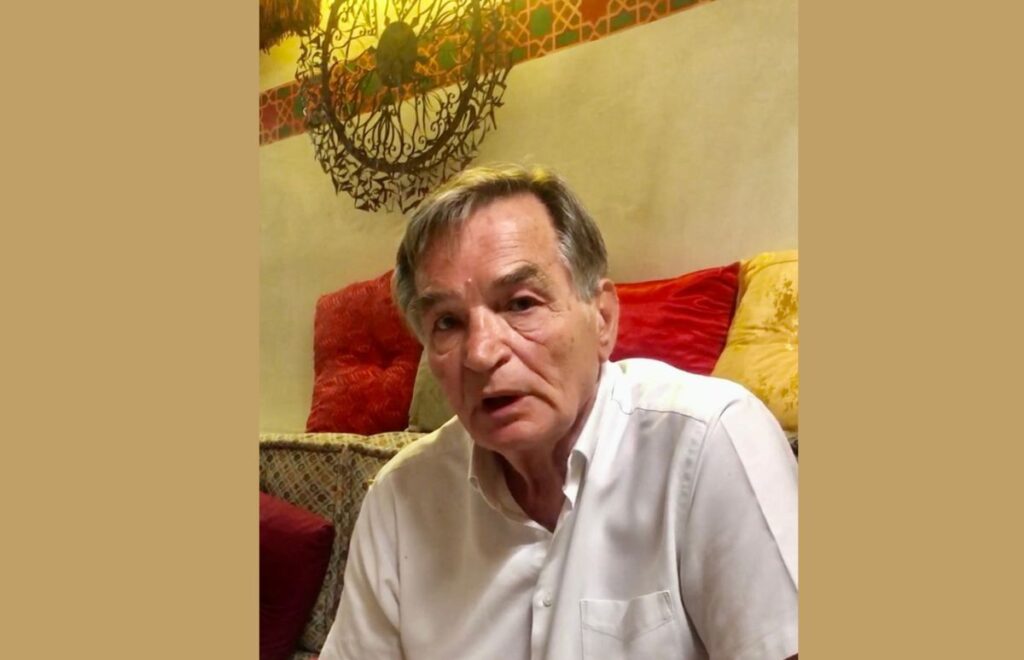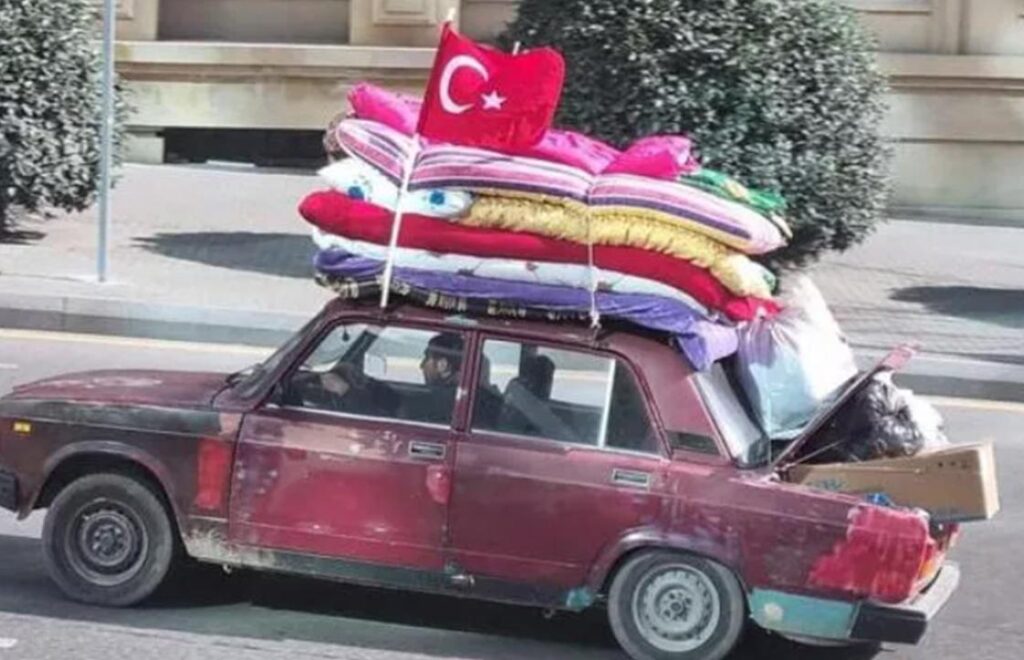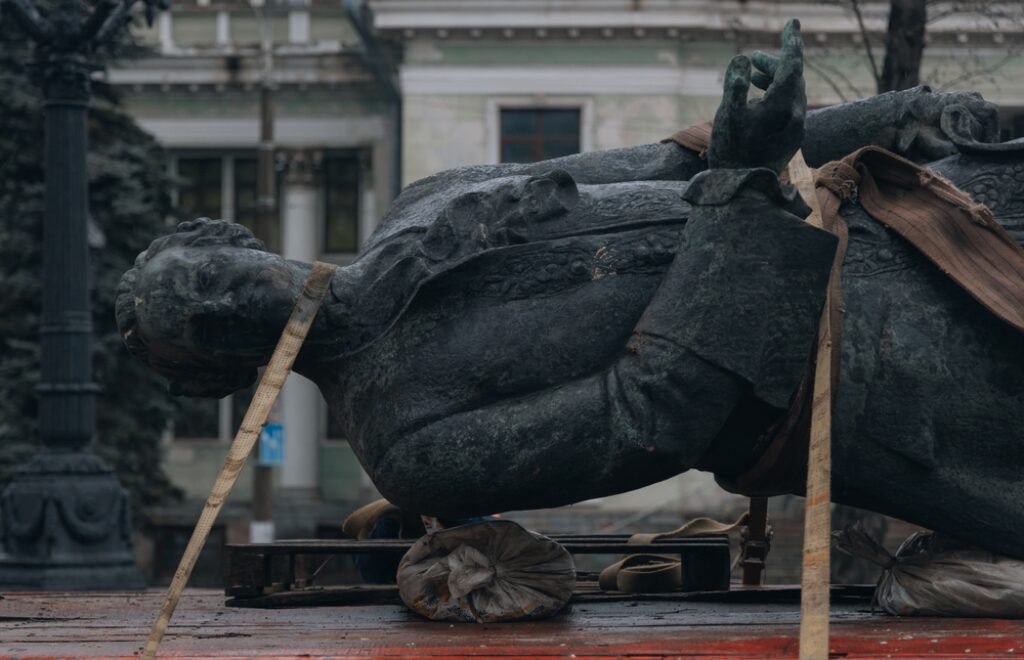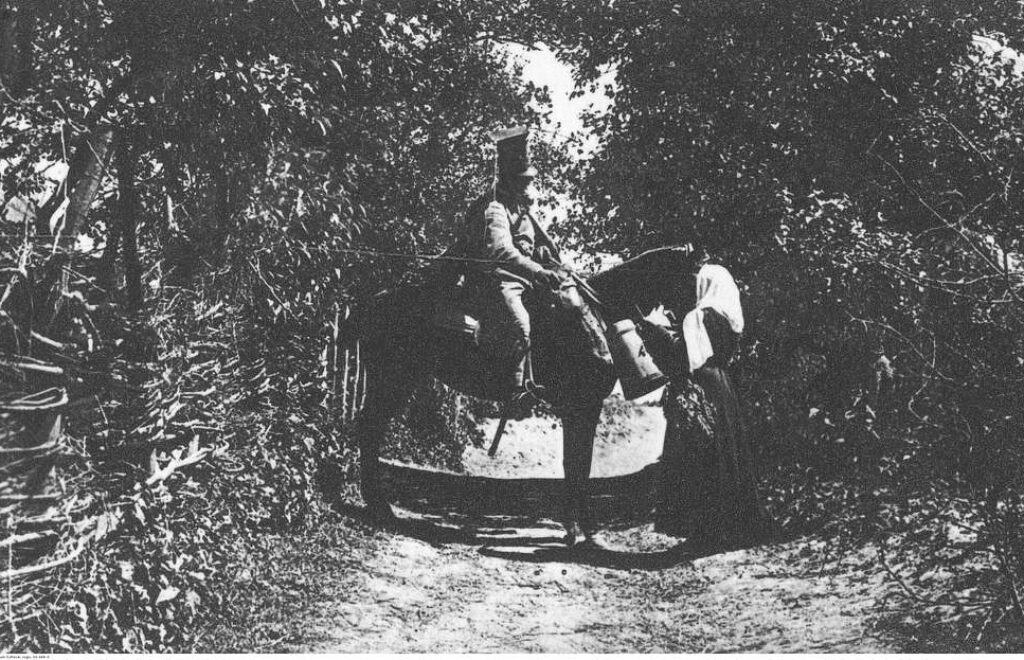From domestic abuse to Wagner’s sledgehammer: war as a product of systemic violence in Russia
Both Ukrainians and EU citizens have been shocked by Russian war crimes, but equally shocking may be how Russia’s politicians and military leadership treat their soldiers. They are nothing more than cannon fodder, utilised in the name of Putin’s neo-imperial ambitions. Even more perplexing is the fatalism and the lack of resistance from conscripts sent to be slaughtered on the frontline, as well as from their families.
April 29, 2023 - Maria Domańska


